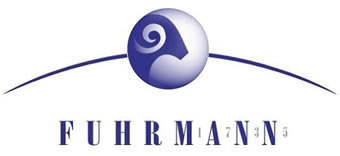Certifications
We continuously work towards the highest standards available to the industry. Each year we are certified for various standards. This page gives you an overview of all the standards we are certified for. You can read all about the standard and download our certificates for your reference.
OEKO-TEX 100
The STANDARD 100 by OEKO-TEX® is a worldwide consistent, independent testing and certification system for raw, semi-finished, and finished textile products at all processing levels, as well as accessory materials used.
Since its introduction in 1992, the central focus of the STANDARD 100 by OEKO-TEX® has been the development of test criteria, limit values and test methods on a scientific basis. On the basis of its comprehensive and strict catalogue of measures, with several hundred regulated individual substances, the STANDARD 100 by OEKO-TEX® takes account of:
- Important legal regulations, such as banned Azo colourants, formaldehyde, pentachlorophenol, cadmium, nickel, etc.
- Numerous harmful chemicals, even if they are not yet legally regulated.
- Requirements of Annexes XVII and XIV of the European Chemicals Regulation REACh as well as of the ECHA SVHC Candidate List insofar as they are assessed by expert groups of the OEKO-TEX® Association to be relevant for fabrics, textiles, garments or accessories. Discussions and developments that are considered to be relevant are taken into account as quickly and effectively as possible through updates to the STANDARD 100 by OEKO-TEX® requirements.
Requirements from the US Consumer Product Safety Improvement Act (CPSIA) regarding lead. - Numerous also environmentally relevant substance classes
With its decades of experience, the STANDARD 100 by OEKO-TEX® therefore contributes to high and effective product safety from a consumer’s point of view. Test criteria and limit values in many cases go far beyond applicable national and international standards. Extensive product checks and regular company on-site visits also ensure that the industry has a globally sustainable awareness of the responsible use of chemicals. With this concept, the STANDARD 100 by OEKO-TEX® has taken on a pioneering role for many years.
The OEKO-TEX® tests for harmful substances are fundamentally based on the respective purpose of the textiles and materials. The more intensive the skin contact of a product and the more sensitive the skin, the stricter the human-ecological requirements that need to be complied with.
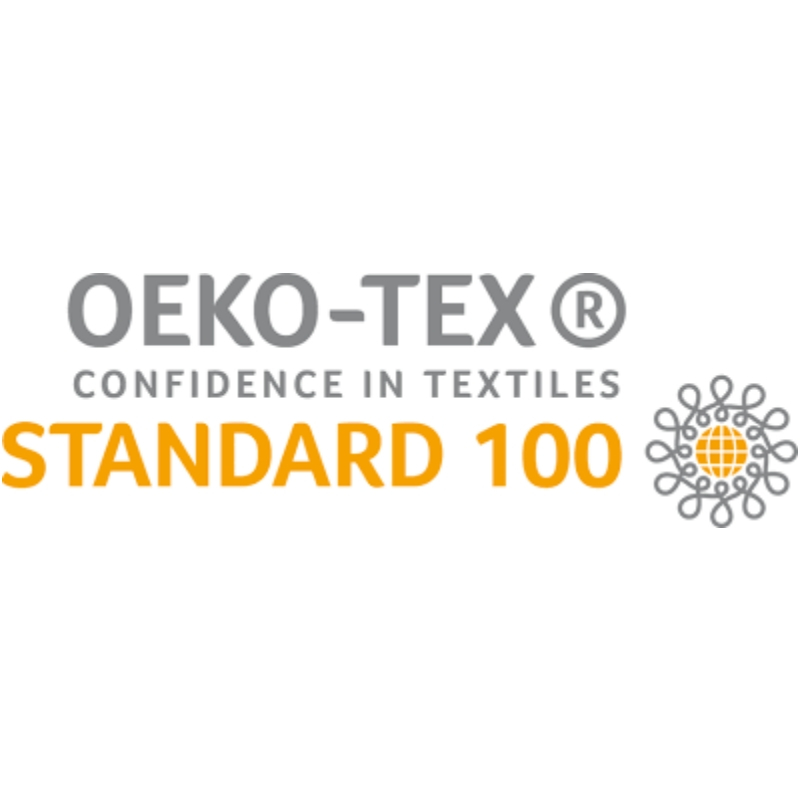
Please download the certificate:
OEKO-TEX Standard 100 – English
Responsible Wool Standard (RWS)
The Responsible Wool Standard is an independent, voluntary standard. On farms, the certification ensures that sheep are treated with respect to their Five Freedoms and also ensures best practices in the management and protection of the land. Through the processing stages, certification ensures that wool from certified farms is properly identified and tracked.
The goals of the Responsible Wool Standard are to provide the industry with a tool to recognize the best practices of farmers; ensuring that wool comes from farms with a progressive approach to managing their land, and from sheep that have been treated responsibly. The standard will create an industry benchmark to drive improvements in animal care and land management where needed and provide a robust chain of custody system from farm to final product so that consumers are confident that the wool in the products they choose is truly RWS.
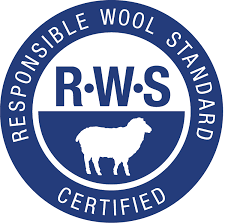
Download the RWS certificate here:
Global Organic Textile Standard (GOTS)
The Global Organic Textile Standard (GOTS) was developed through collaboration by leading standard setters with the aim of defining requirements that are recognised world-wide and that ensure the organic status of textiles from harvesting of the raw materials through environmentally and socially responsible manufacturing all the way to labelling in order to provide credible assurance to the consumer.
Since its introduction in 2006 the Global Organic Textile Standard has already demonstrated its practical feasibility. Supported by the growth in consumption of organic fibres and by the remarkable demand for unified processing criteria from the industry and retail sector, it has gained universal recognition, enabling processors and manufacturers to supply their organic textiles with one certification accepted in all major markets. With the introduction of the logo and labelling system the GOTS is already visible not only on the shelves of natural textile shops but large-scale retailers and brand dealers as well. This is a milestone in consumer recognition and a strong acknowledgement of our reliable quality assurance concept.
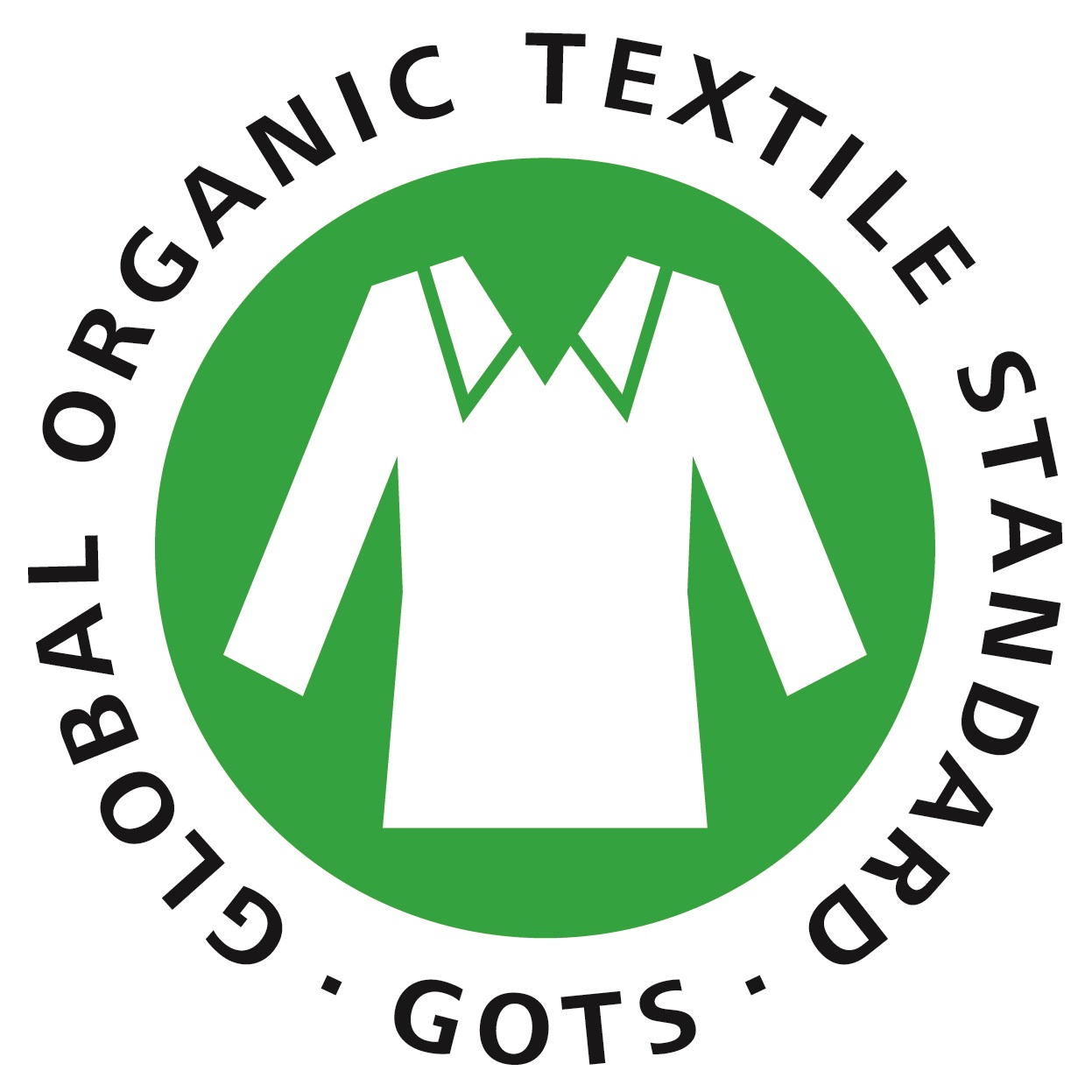
Download the GOTS certificate here:
ISO 9001:2015
ISO 9001:2015 specifies requirements for a quality management system when an organization:
a) needs to demonstrate its ability to consistently provide products and services that meet customer and applicable statutory and regulatory requirements, and
b) aims to enhance customer satisfaction through the effective application of the system, including processes for improvement of the system and the assurance of conformity to customer and applicable statutory and regulatory requirements.
All the requirements of ISO 9001:2015 are generic and are intended to be applicable to any organization, regardless of its type or size, or the products and services it provides.
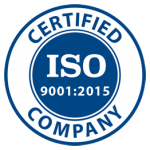
Download the ISO 9001 certificate here:
ZDHC Declaration
Fuhrmann structures its supply chain so that we do not intentionally use any substances contained in the ZHDC MRSL (Manufacturing Restricted Substances List).
Download the ZDHC declaration here:
